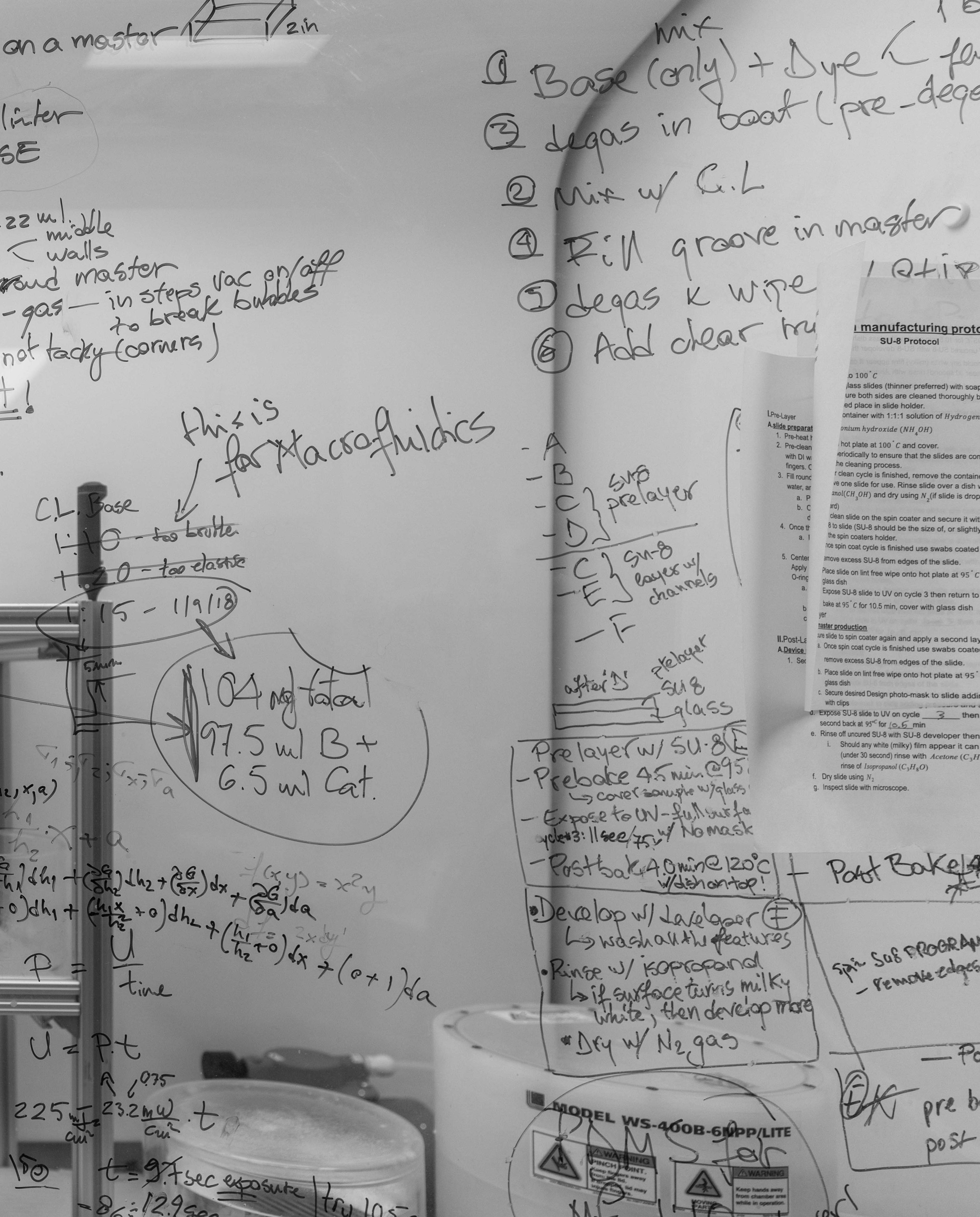
4 minute read
Faculty Success: Discovery, Recognition and Global Impact
COSM Researchers Ranked Among Top 2% in the World
Four COSM faculty were named among the top 2% of scientists worldwide, as identified by Stanford University and Elsevier in their annual ranking of scientific influence. This recognition places these faculty members among the most impactful researchers globally, based on citation metrics and scholarly contributions across disciplines.
Xiao-jun Wang, Ph.D., Professor of Physics
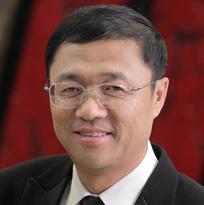
Dr. Wang’s research explores the optical properties and behavior of phosphor materials doped with rare earth and transition metals. These materials have diverse applications in lighting, display technology, medical imaging and optical sensing. He also collaborates closely with undergraduate and graduate students, fostering discovery through hands-on research experiences.
Dmitry Apanaskevich, Ph.D., Professor of Biology
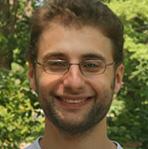
A leading global tick taxonomist and Assistant Curator of the U.S. National Tick Collection at Georgia Southern, Dr. Apanaskevich specializes in the classification and systematics of hard ticks across the Americas, Africa, Asia and Australia. He has described numerous new tick species and has authored more than 100 peer-reviewed publications.
David C. Weindorf, Ph.D., P.G., Vice President for Research and Economic Development
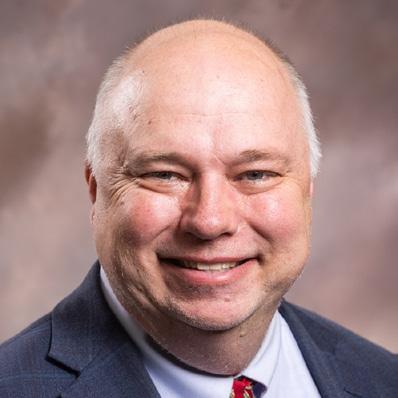
An internationally respected expert in soil, water and compost science, Dr. Weindorf has conducted research in more than 30 countries and published more than 200 peerreviewed articles. His work has contributed to environmental quality assessment, translational soil taxonomy and disaster response for events such as the Deepwater Horizon oil spill.
José A. Jiménez, Ph.D., Assistant Professor of Chemistry
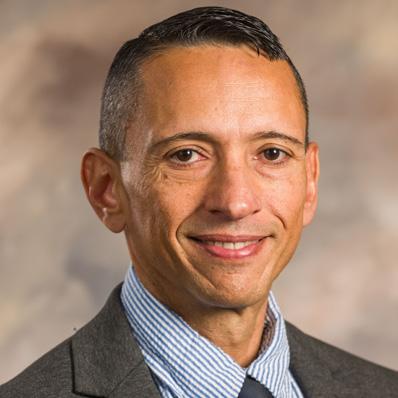
Dr. Jiménez focuses on glass science, thin films, nanomaterials and energy-relevant materials such as solar cells and lithium-ion batteries. His contributions include more than 130 peer-reviewed publications and several patent applications. He currently serves on the editorial boards of Scientific Reports (Nature Publishing) and Applied Sciences (MDPI).
Faculty in the College of Science and Mathematics are advancing research with real-world impact, mentoring the next generation of scientists and earning national and international acclaim. Their work is at the heart of Georgia Southern’s research growth—and a key driver in the University’s path to becoming an R1 institution.
Recognized for Teaching, Mentorship and Innovation
Beulah Narendrapurapu, Ph.D., Lecturer of Chemistry
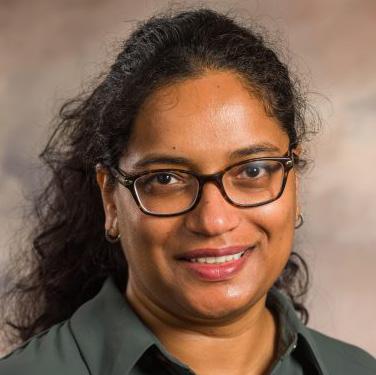
Dr. Narendrapurapu was named a recipient of the 2023 Felton Jenkins Jr. Hall of Fame Faculty Award by the University System of Georgia. The award honors exceptional educators who demonstrate a sustained commitment to student success. Since 2013, she has been recognized for her work in STEM education research, including the design of digital animations for chemistry instruction and the creation of affordable course materials.
Shainaz Landge, Ph.D., Associate Professor of Organic Chemistry
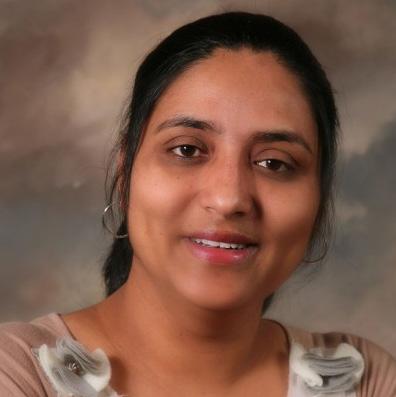
A leader in both teaching and research, Dr. Landge received the 2023 Regents’ Scholarship of Teaching and Learning Award from the USG and was named the 2025 Silvia Ronco Innovative Mentor Awardee by the Council on Undergraduate Research. Her teaching bridges theory and practice, offering students research experiences in synthetic organic, medicinal and supramolecular chemistry. Her mentorship cultivates student engagement and academic growth beyond the classroom.
American Physical Society Fellows: Leaders in Physics
Two COSM faculty have earned the prestigious distinction of Fellow of the American Physical Society (APS)—an honor given to no more than one half of one percent of APS membership each year.
Mark Edwards, Ph.D., Fuller E. Callaway Professor of Physics
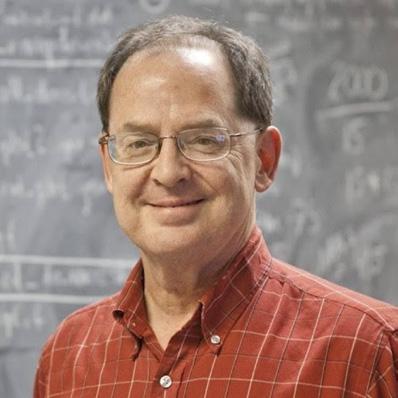
Dr. Edwards is nationally known for his work in atomic and optical physics, particularly in the areas of pulsed-laser/atom interactions and Bose-Einstein condensation in neutral atoms. His groundbreaking research has helped deepen understanding of quantum systems and atomic behavior under extreme conditions.
Xiao-jun Wang, Ph.D., Professor of Physics
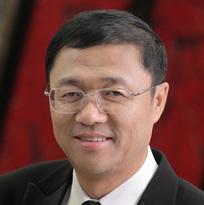
In addition to his recognition as a top 2% scientist, Dr. Wang was elected an APS Fellow in 2023 for his outstanding contributions to the fundamental understanding of luminescence processes and the development of LED and phosphor technologies. His work spans the full spectrum—from ultraviolet to visible to infrared emissions.
Four COSM faculty were named among the top 2% of scientists worldwide, as identified by Stanford University and Elsevier in their annual ranking of scientific influence. This recognition places these faculty members among the most impactful researchers globally, based on citation metrics and scholarly contributions across disciplines.







